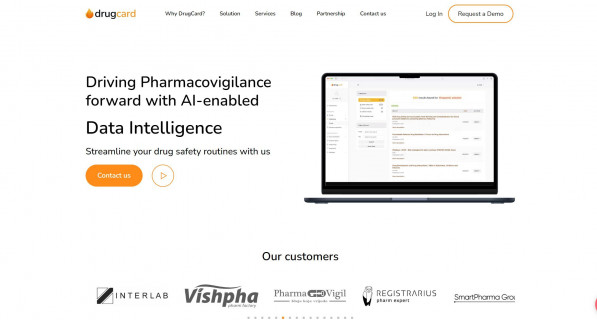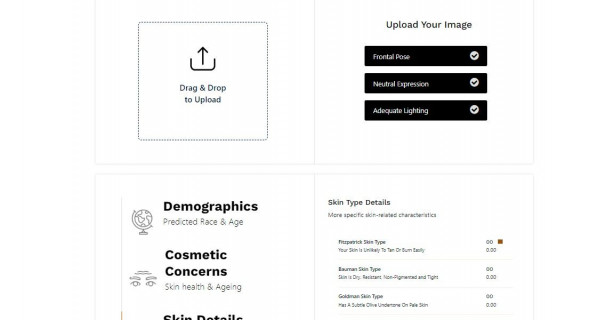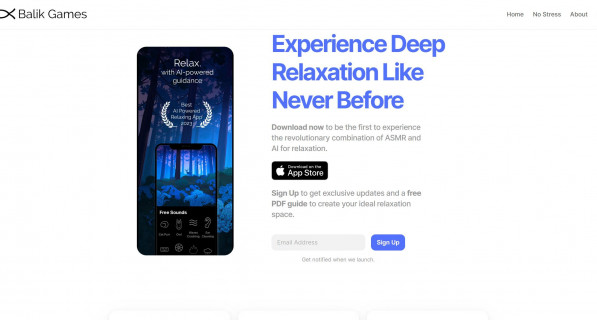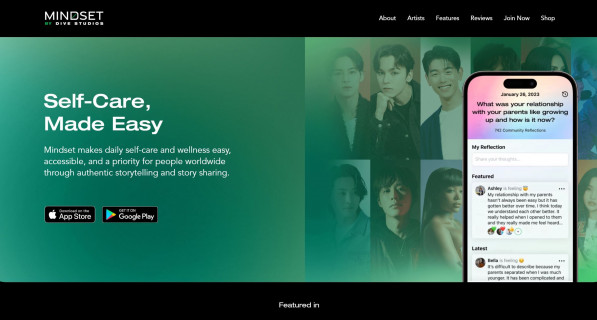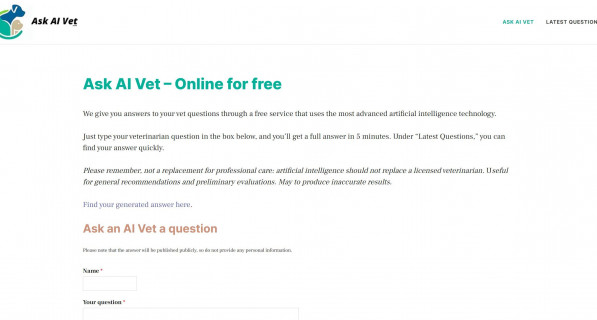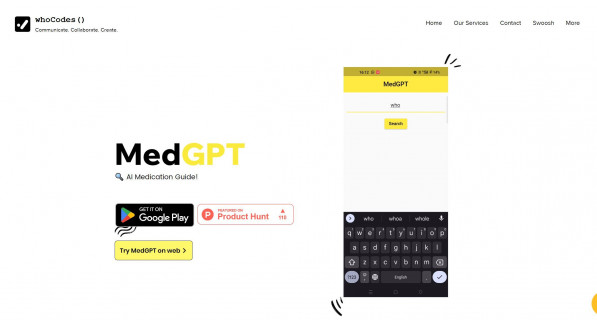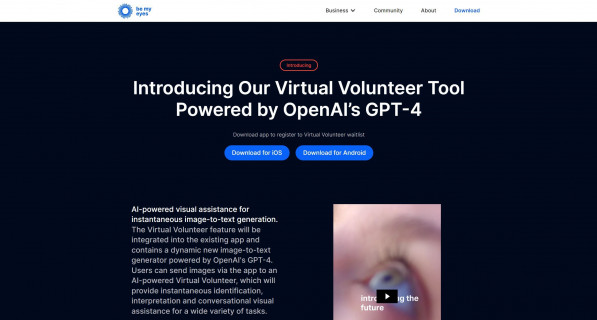AI-Enabled Local Literature Screening for Pharmaceuticals
Healthcare related AI Tools
Discover the top healthcare AI tools that are revolutionizing the industry. Our website offers a comprehensive list of the best solutions for healthcare.
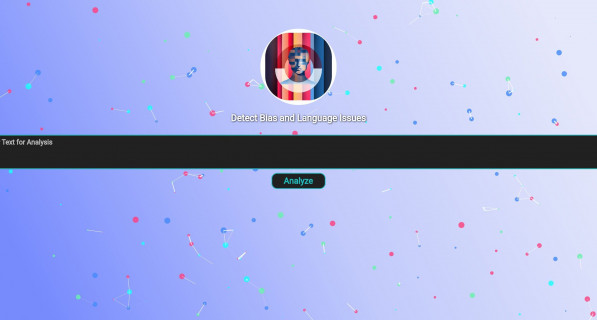
Supports individuals in creating more inclusive content and fostering effective communication.

Balance is an AI tool designed to help individuals challenge their anxious thoughts using GPT-4.
Editors' Perspective on the Healthcare Category
The Future of Healthcare: How AI-powered Tools are Transforming the Industry
Artificial intelligence (AI) has the potential to revolutionize healthcare, from improving patient outcomes to reducing costs and streamlining operations. In this article, we'll explore some of the top AI-powered healthcare tools available today, organized into three categories: diagnostics, treatment, and operations.
AI-powered Diagnostics Tools
Diagnosing medical conditions accurately and quickly is critical for patient outcomes. AI-powered diagnostic tools use advanced algorithms to analyze patient data, such as medical images and lab results, allowing for more accurate and efficient diagnoses.
One example of an AI-powered diagnostic tool is a platform that uses machine learning to analyze medical images, such as X-rays and MRI scans, for signs of disease or injury. Another example is a tool that uses natural language processing to analyze electronic health records and identify potential health risks or conditions.
AI-powered Treatment Tools
Once a diagnosis is made, treating medical conditions effectively is the next step. AI-powered treatment tools use advanced algorithms to analyze patient data and develop personalized treatment plans, improving outcomes and reducing costs.
One example of an AI-powered treatment tool is a platform that uses machine learning to analyze patient data and identify the most effective treatment options, based on factors such as patient history, genetics, and demographics. Another example is a tool that uses natural language processing to analyze medical literature and recommend the most up-to-date treatment protocols.
AI-powered Operations Tools
In addition to diagnostics and treatment, AI-powered tools can also be used to streamline healthcare operations, improving efficiency and reducing costs. AI-powered operations tools use advanced algorithms to analyze data and optimize processes, such as scheduling and resource allocation.
One example of an AI-powered operations tool is a platform that uses predictive analytics to forecast patient demand and optimize staffing levels, reducing wait times and improving patient satisfaction. Another example is a tool that uses natural language processing to automate administrative tasks, such as billing and insurance claims processing.
Conclusion
In conclusion, AI-powered tools have the potential to transform healthcare, from diagnostics and treatment to operations. By leveraging the power of advanced algorithms and machine learning, healthcare providers can improve patient outcomes, reduce costs, and streamline operations. As AI continues to advance, we can expect to see even more innovative solutions emerge, revolutionizing the industry and improving healthcare for all.


